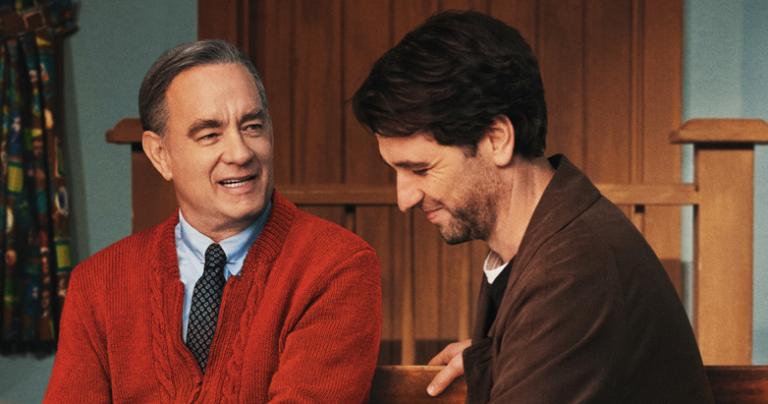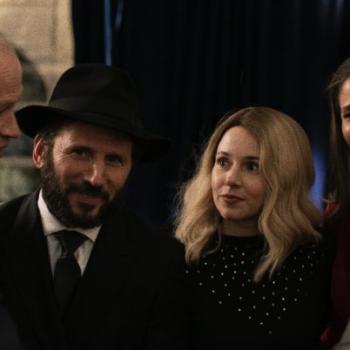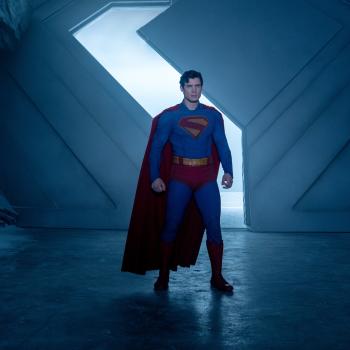On Friday, with the release of the film “It’s a Beautiful Day in the Neighborhood,” children of all ages will be able to return to a friendly, familiar neighborhood. Tom Hanks stars as iconic children’s television host Mister Rogers in a film directed by Marielle Heller (“Can You Ever Forgive Me?,” “Diary of a Teenage Girl”).

Since 2003, when Rogers passed, the world seems to have gotten a little bit colder and a little less forgiving. Idealistic children who grew up with his pleasant affirmations have been pushed and sometimes knocked down with the challenges of growing up. It’s a good time to be reminded that everyone has worth, and kindness, grace, and forgiveness have not gone out of style.
The story centers on Lloyd Vogel (Matthew Rhys), a fictionalized version of real journalist Tom Junod, who profiled Rogers for “Esquire” magazine in 1998. Vogel approaches the host with suspicion and jaded ambivalence. He feels Rogers is beneath his expertise, so for spite, he’s determined to expose any secrets or shortcomings. As he begins to profile Rogers, the host turns the tables on the interviewer, instead of putting the spotlight on him.
The “putting others first” philosophy directed the course of the film, departing from a straight-up biopic of Rogers to highlighting the effect he had on others. To most of the world, who viewed him through a screen, he was a warm and comforting voice. To those who were fortunate enough to have relationships with him, he was transformational.
Rogers’ faith, which wasn’t pronounced even though he was an ordained minister, was central to the ideals he shared with others. He encouraged forgiveness and grace for all and practiced prayer. In one scene which was drawn from real life, he kneels in prayer at his bed recounting a long list of names of people who needed divine intervention. And his prayers worked.
“Do you know what that means, to forgive?” Rogers tells Vogel, who is struggling with pain and bitterness. “It’s a decision we make to release a person from the feelings of anger we have toward them.”
In a diner, Rogers also leads Vogel in a moment of silence, an exercise he often shared in real life. “Just take a minute and think about all the people who loved us into being,” he suggests. “Just one minute of silence.” It’s one of the film’s most powerful moments because, at that point, it’s not just about Rogers and Vogel, but it’s about every one of us. Rogers is speaking to us from beyond the grave, encouraging all to love, heal, and let go of hurt and pain.
Hanks, who has sometimes repeated a familiar wisecracking character into various other films, does an excellent job in this role, disappearing into Rogers’ soft-spoken skin. Rhys also perfectly captures the perspective of a man moving from skepticism to hope. The film also features Susan Kelechi Watson as Vogel’s wife and Chris Cooper as his father
“A Beautiful Day in the Neighborhood” is a beautiful portrait of a man whose words and actions changed the world and those around him. It succeeds by focusing on the impact a carrier of hope can have on those who’ve lost their way. It is a simple but profound story about kindness, compassion, and forgiveness modeled by a beloved personality whose legacy continues to inspire.
For more coverage of “A Beautiful Day in the Neighborhood,” including an interview with screenwriters Micah Fitzerman-Blue and Noah Harpster, click here.
DEWAYNE HAMBY is a communications specialist and longtime journalist covering faith-based music, entertainment, books, and the retail industry. He is the author of the book “Gratitude Adjustment.” Connect with him on Facebook, Twitter, YouTube or InstaGram.












